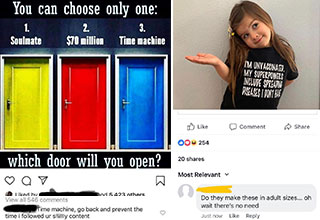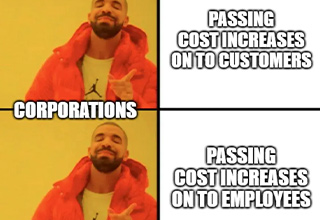Martha Stout Knew what was up
Here is another expert on the subject.
By: Alan DeutschmanJuly 1, 2005
Indeed, not every aberrant boss is necessarily a corporate psychopath. There's another personality that's often found in the executive suite: the narcissist. While many psychologists would call narcissism a disorder, this trait can be quite beneficial for top bosses, and it's certainly less pathological than psychopathy. Maccoby's book The Productive Narcissist: The Promise and Perils of Visionary Leadership (Broadway Books, 2003) portrays the narcissistic CEO as a grandiose egotist who is on a mission to help humanity in the abstract even though he's often insensitive to the real people around him. Maccoby counts Apple's Steve Jobs, General Electric's Jack Welch, Intel's Andy Grove, Microsoft's Bill Gates, and Southwest Airlines' Herb Kelleher as "productive narcissists," or PNs. Narcissists are visionaries who attract hordes of followers, which can make them excel as innovators, but they're poor listeners and they can be awfully touchy about criticism. "These people don't have much empathy," Maccoby says. "When Bill Gates tells someone, 'That's the stupidest thing I've ever heard,' or Steve Jobs calls someone a bozo, they're not concerned about people's feelings. They see other people as a means toward their ends. But they do have a sense of changing the world -- in their eyes, improving the world. They build their own view of what the world should be and get others recruited to their vision. Psychopaths, in contrast, are only interested in self."






1 Comments